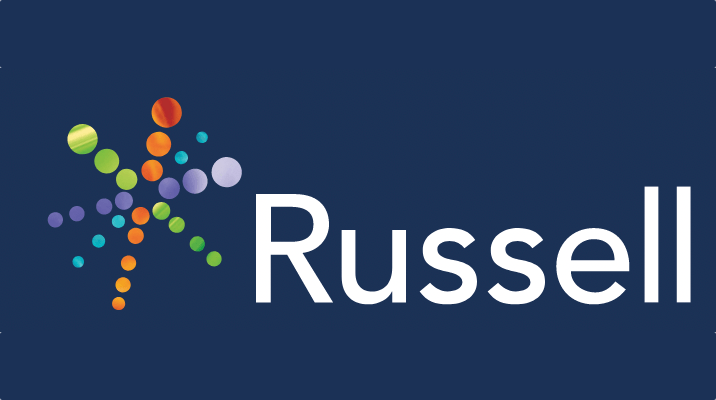As rising costs, claims inflation and cost of capital continue to rise, pushing up economic exposure, greater resilience and sustainability is needed through more proactive risk management and decision making, according to Russell Group.
 Data and analytics firm Russell Group, during its press briefing at the 2023 Rendezvous in Monte Carlo, highlighted the fact that corporate insured are now prone to more complex threats and scenarios as economic exposure continues to rise.
Data and analytics firm Russell Group, during its press briefing at the 2023 Rendezvous in Monte Carlo, highlighted the fact that corporate insured are now prone to more complex threats and scenarios as economic exposure continues to rise.
According to the firm, lessons learnt from the COVID-19 pandemic, trade-disruption, geopolitical tensions, war, climate change, and macroeconomic instability, shows that connected risk “has truly come of age.”
During its briefing, Russell Group noted how collaboration between insurers, reinsurers, and corporates, as well as the development of new skills, impact analysis, and a forward-looking approach to threat scenarios, can help to narrow the insurance protection gap, which is growing, and deliver more certainty over gross/net exposure.
“A major difference between Russell’s approach and current models out there, is that its solution is forward-looking. It seeks to analyse and understand an economic loss or connected loss for a (re)insurer or corporate before the event, not after,” said Russell Managing Director, Suki Basi. “The benefit of this approach will mean that an organisation can pre-empt any potential hits to their business, helping them to become resilient in the long-term.”
At the event, the company also commented on the drivers behind many modern complex risks across eight areas, including trade disruption, geopolitical tensions, sanctions, commodity race, rising costs (economic and social inflation), war, climate change, skills shortage.
Expanding on the climate change threat, Russell Group notes that its analysis and data shows that a storm track with characteristics similar to the great Galveston storm of 1867, would result in an economic loss of $500 billion.


